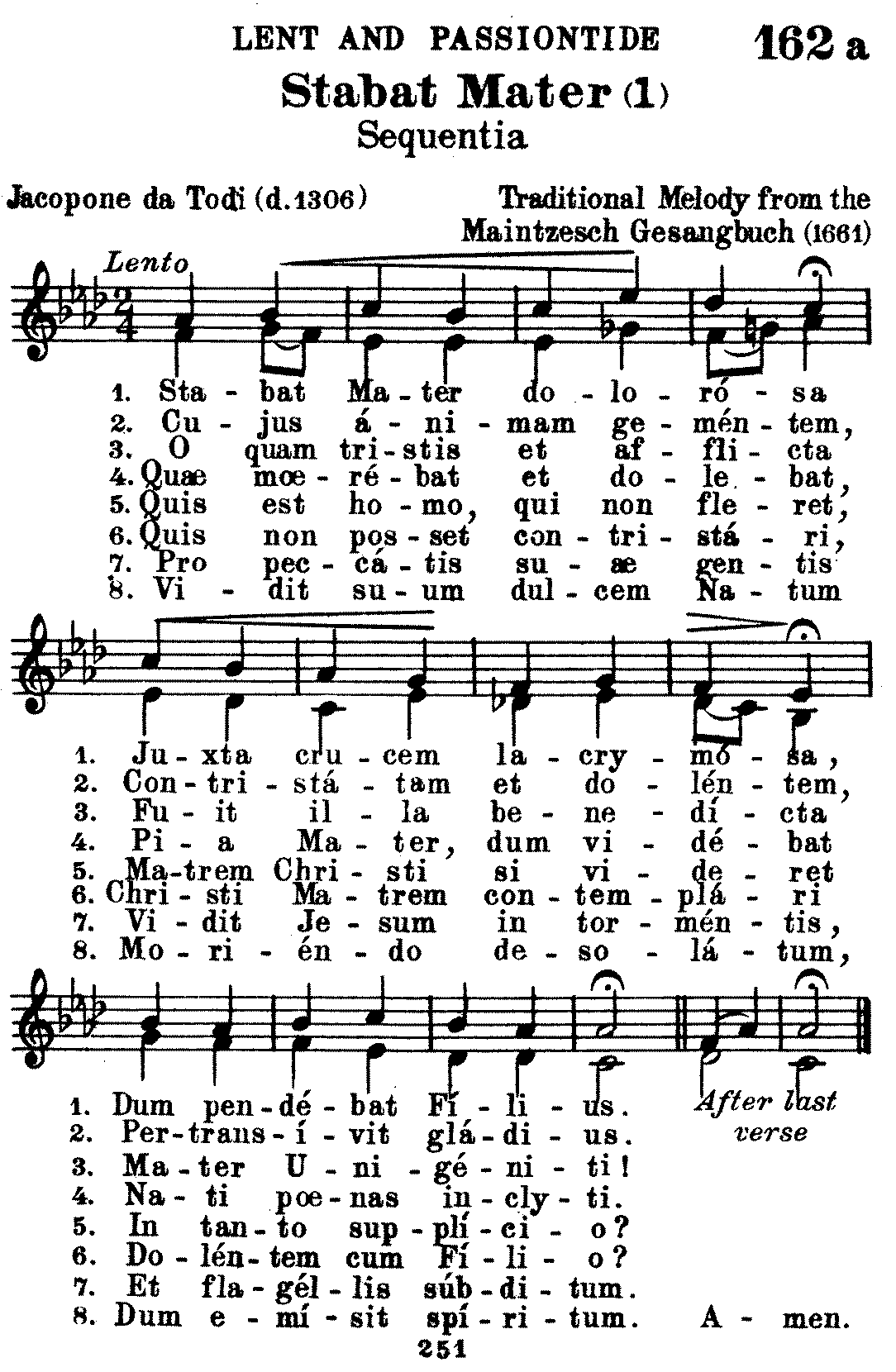This poem was first published in The Legion Book (London 1929), and again in G. K.'s Weekly (September 24, 1936). The poem also appeared in Chesterton Review, May 1990 (Vol 16 No 2).
Michael, Michael: Michael of the Morning,
Michael of the Army of the Lord,
Stiffen thou the hand upon the still sword, Michael,
Folded and shut upon the sheathed sword, Michael,
Under the fullness of the white robes falling,
Gird us with the secret of the sword.
When the world cracked because of a sneer in heaven,
Leaving out for all time a scar upon the sky,
Thou didst rise up against the Horror in the highest,
Dragging down the highest that looked down on the Most High:
Rending from the seventh heaven the hell of exaltation
Down the seven heavens till the dark seas burn:
Thou that in thunder threwest down the Dragon
Knowest in what silence the Serpent can return.
Down through the universe the vast night falling
(Michael, Michael: Michael of the Morning!)
Far down the universe the deep calms calling
(Michael, Michael: Michael of the Sword!)
Bid us not forget in the baths of all forgetfulness,
In the sigh long drawn from the frenzy and the fretfulness
In the huge holy sempiternal silence
In the beginning was the Word.
When from the deeps of dying God astounded
Angels and devils who do all but die
Seeing Him fallen where thou couldst not follow,
Seeing Him mounted where thou couldst not fly,
Hand on the hilt, thou hast halted all thy legions
Waiting the Tetelestai and the acclaim,
Swords that salute Him dead and everlasting
God beyond God and greater than His Name.
Round us and over us the cold thoughts creeping
(Michael, Michael: Michael of the battle-cry!)
Round us and under us the thronged world sleeping
(Michael, Michael: Michael of the Charge!)
Guard us the Word; the trysting and the trusting
Edge upon the honour and the blade unrusting
Fine as the hair and tauter than the harpstring
Ready as when it rang upon the targe.
He that giveth peace unto us; not as the world giveth:
He that giveth law unto us; not as the scribes:
Shall he be softened for the softening of the cities
Patient in usury; delicate in bribes?
They that come to quiet us, saying the sword is broken,
Break man with famine, fetter them with gold,
Sell them as sheep; and He shall know the selling
For He was more than murdered. He was sold.
Michael, Michael: Michael of the Mustering,
Michael of the marching on the mountains of the Lord,
Marshal the world and purge of rot and riot
Rule through the world till all the world be quiet:
Only establish when the world is broken
What is unbroken is the word.

Saint Michael the Archangel Statue

Text copied from the iPieta app on my iPod.



